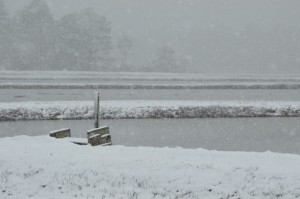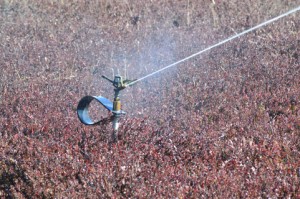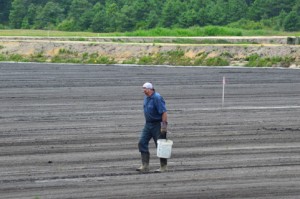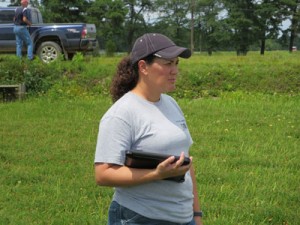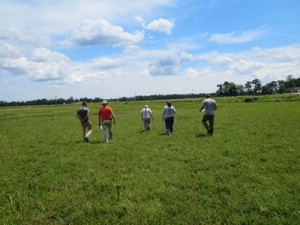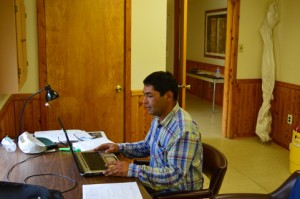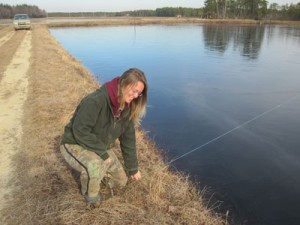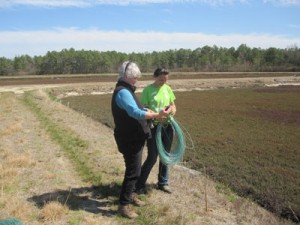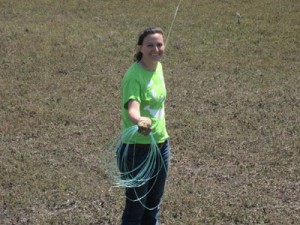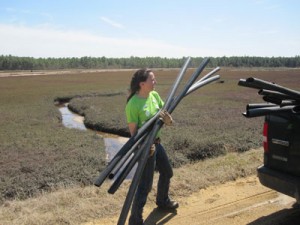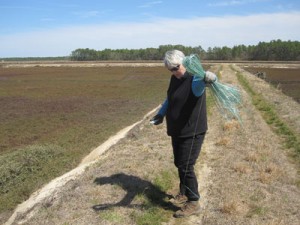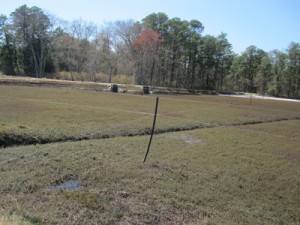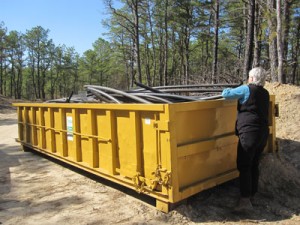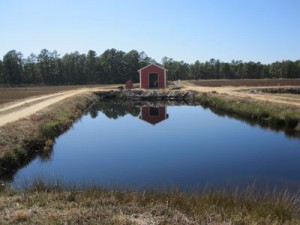Spring is coming, slowly but surely! At least, that’s what the calendar says. We’re not as convinced.
While south Jersey is struggling through that final vestige of winter, Pine Island Cranberry is looking forward to the future! Our team is once again seeking enthusiastic people to join our team and learn the cranberry business from the ground up through our internship and externship program, designed to provide hands-on experience in all aspects of growing cranberries. From scouting and water management to bog renovation and maintenance, interested students will learn the scope of an Integrated Crop management program.
“Our main goal in creating this program is education,” says PIICM Manager Cristina Tassone. “We’re educating people on who we are and what we do here, as well as increasing awareness of the cranberry industry in general. But in addition to that, we’re hoping that giving interested students the chance to experience the growing process will help them make a decision on their career.” No matter what, everyone wins: “People looking at the position already have an interest; they may fall in love with it, or they may decide it’s not for them, but they’ll have the experience and we’ll have worked with motivated people who can pass the word on to others who might be interested.”
“Pine Island has an aggressive growth plan and implementing a strong internship program is a great way to give us strength for our future,” Cristina says. “It’s a great opportunity to either spend one or two days shadowing a team member [via an externship] or to get more involved in the day-to-day operations and see the whole picture as well has have that experiential learning.” If the interested student attends Rutgers University, they also have the opportunity (upon Rutgers’ approval) to gain three academic credits as well as knowledge about the industry domestically and internationally. This year, we’re once again hosting Javier Ruiz from Chile, giving interns the chance to speak with him about cranberries in South America and how his expertise helps us here in New Jersey.
COO Bryan vonHahmann is enthusiastic about the program. “It’s a net benefit for both the students and the farm,” he says. “It gives us an opportunity to gain ideas and feedback from a fresh set of eyes. We get a lot of people who haven’t been exposed to the cranberry business, and that gives us the chance to look through a different lens.” As for the students, he says, “Candidates get an opportunity to gain exposure and experience in agriculture and cranberries as well as what I believe is a world-class operation. It’s a chance to work with a great team of people. It’s unique, too, in that they’re not in an office. I don’t believe that’s typical any more.”
Click here for more information about our internship and externship program. We’d love to hear from you!

